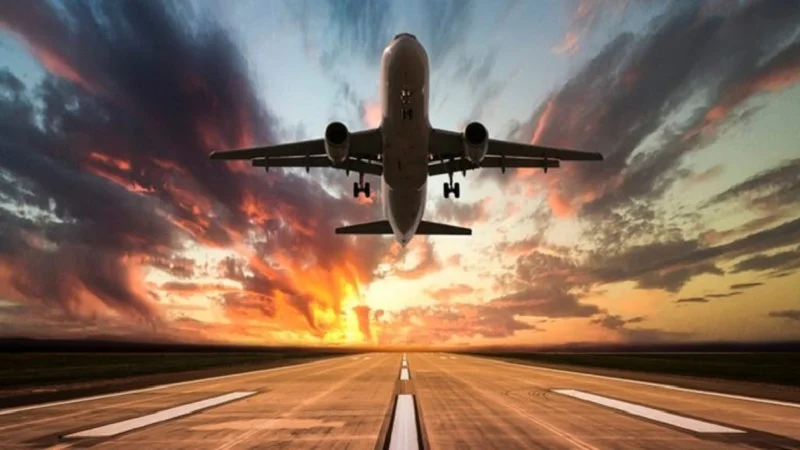Global airlines will pass on the cost of rising fuel prices to passengers quicker than expected, leading to higher airfares after the recent surge in oil prices, the International Air Transport Association (Iata) has said.
Addressing a press conference, IATA’s Director General Willie Walsh said the outlook for the airline industry’s overall financial performance in 2022 is likely to worsen due to the challenge of higher oil prices.
“The high oil price is going to find its way into higher ticket prices … it’s inevitable, airlines are not in a position to absorb the significant increase in fuel bills that they’re seeing at the moment,” he said.
“Typically, we would have said that an increase in oil price takes about six months to find its way through into ticket pricing, but given the very rapid increase that we have seen, it’s likely to be reflected in ticket pricing a lot earlier than we would have traditionally seen.”
Fuel represents most airlines’ single biggest cost, at about 27 percent during normal operating periods. Jet fuel prices are up 77 per cent so far in 2022, compared to 2021, even more than oil, the Iata data showed.
The recent oil price volatility is being led by Russia’s military offensive in Ukraine, with crude prices surging to almost $140 a barrel in March before sliding down again.
Read More:
Global airline industry’s financial situation improves in Q3: IATA
Thai Airways resumes direct flights to Pakistan
The Russia-Ukraine conflict is not having a huge direct effect on airlines, with the Covid-19 pandemic and related restrictions still the dominant driver of developments in the industry, Marie Thomsen, IATA’s chief executive, said.
The fall-out from the conflict is seen in the affected countries at war and their neighbours, a region that is not a major part of the global aviation system, she said.
One effect of the war is the diversion of cargo to avoid banned airspace, which “seems to be benefiting the Middle East”, she said.
Having rebuilt their capacity quickly after a rebound from the pandemic, Middle East airlines such as Emirates and Qatar Airways are in a “good position” to take advantage of their geographical location for opportunities in cargo and passenger transport, Walsh said.
However, one challenge that airlines and airports around the world are currently tackling is staff shortages after an increase in travel demand, the Iata chief said.
Travelers are experiencing flight restrictions or cancellations as airports struggle to bring back staff after a wave of lay-offs during the pandemic.
An issue with getting people back into the workforce is that they have to undergo very stringent background security checks, which are now taking more time than usual, Mr Walsh said.
“It’s great to see passenger numbers increasing and flights returning to where we were in 2019, but we’re in for a short period of disruptions at airports and airlines as they try to ramp up their staffing to match the increase in demand we’re witnessing at the moment,” he said.


